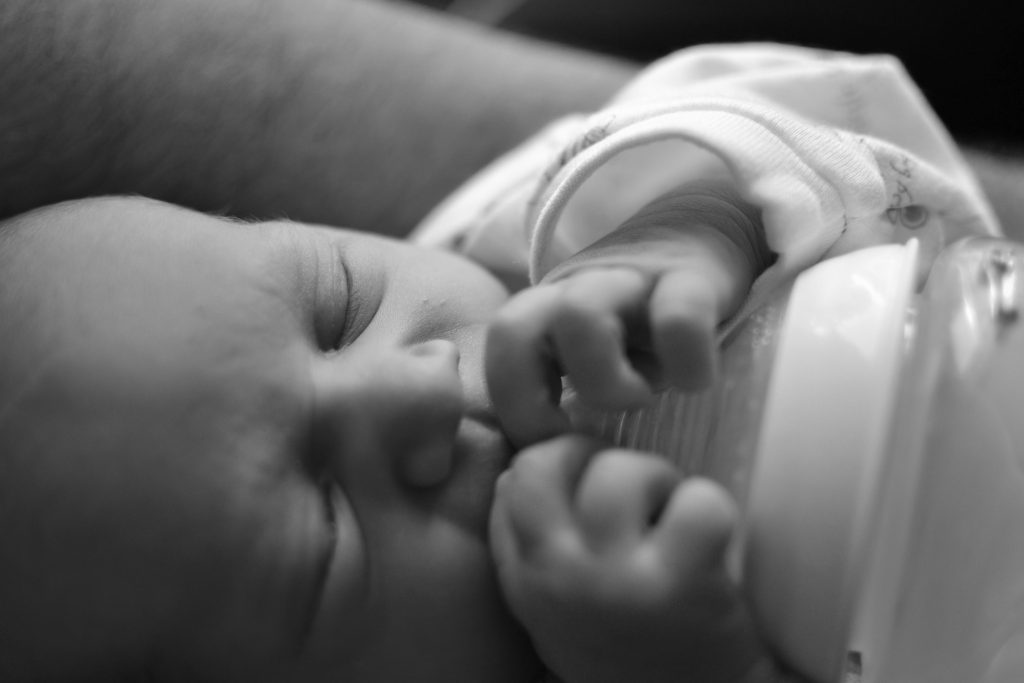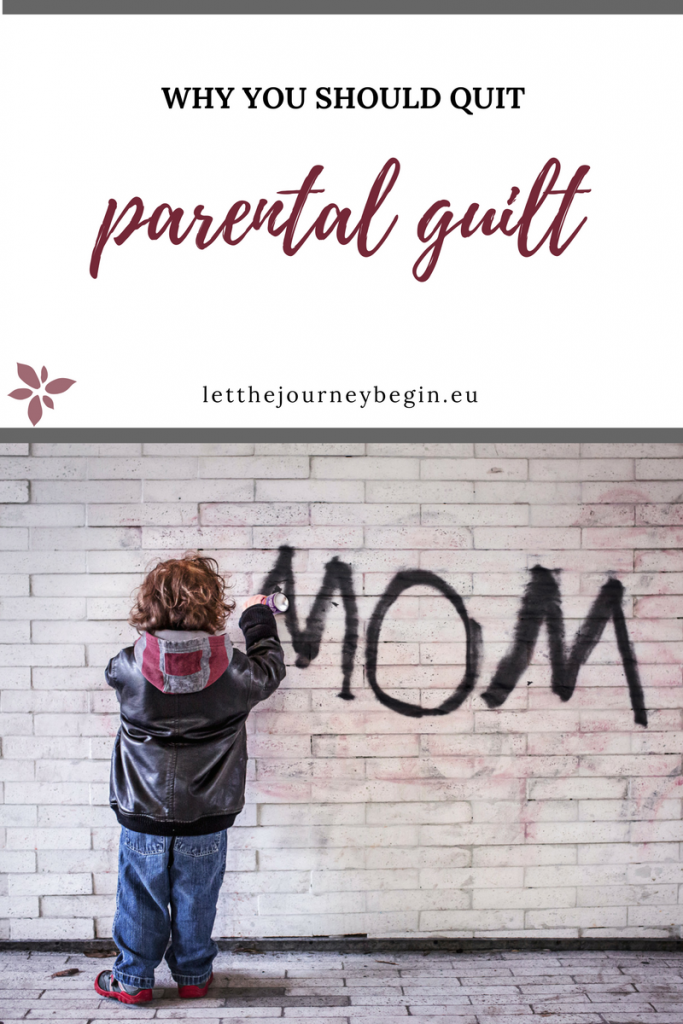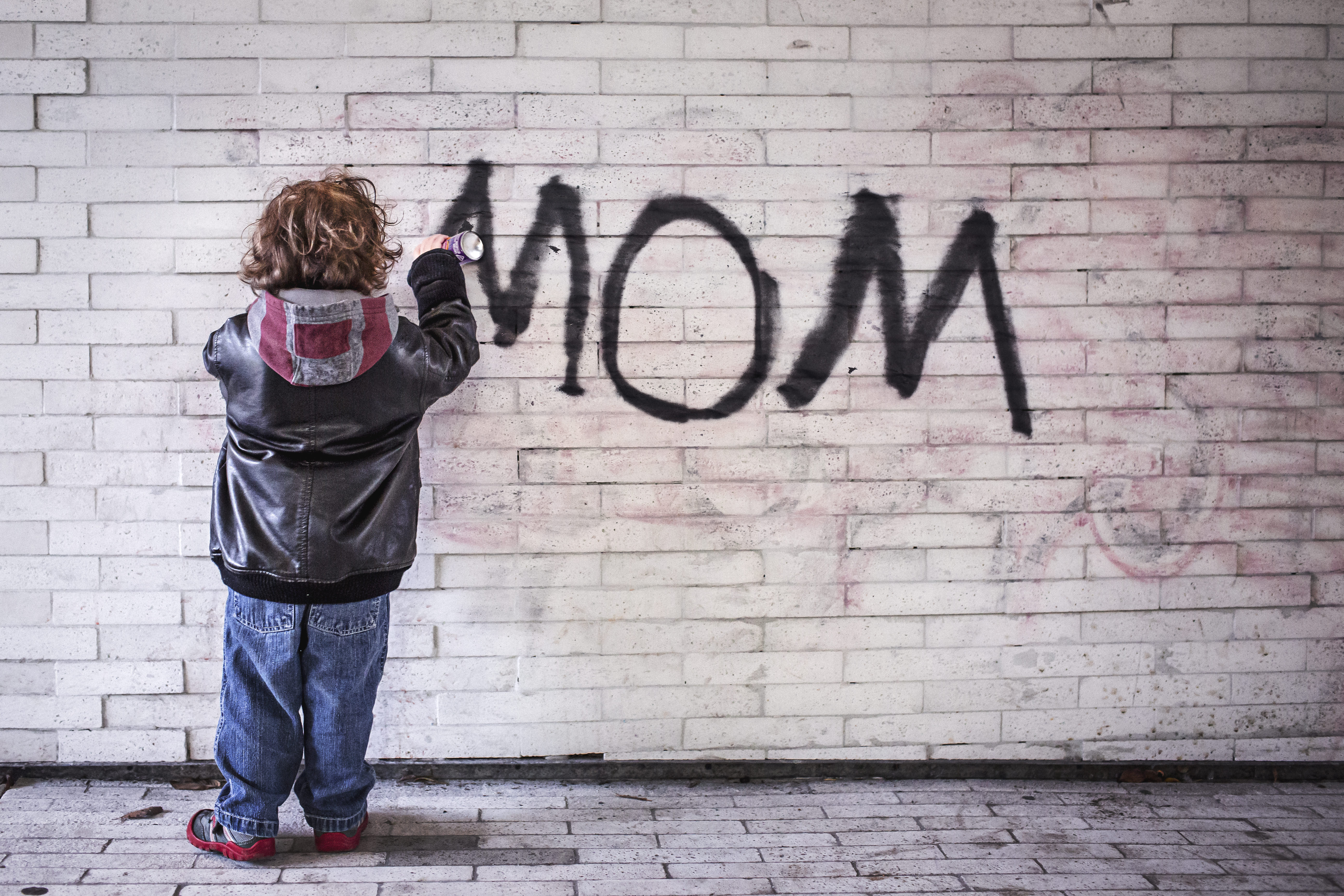Is it just me or is parenting often laced with feelings of self-doubt, guilt, and constant worrying?
Both times, from the first signs of pregnancy, I began to rewind my mental tape of the preceding weeks. Did I drink a glass of wine too many? Did I eat a raw steak or unpasteurized cheese? Did I skip on too many prenatal vitamins? In other words, could anything that I did or didn’t do possibly cause harm to the tiny bundle of cells growing inside my belly?
And it has only gotten worse from there. On a bad day I obsess about giving both kids equal attention, about too much screen time, or not having enough patience. Last week, with both of them sick, I didn’t have a single night of peaceful sleep for worry that I might miss a dangerously spiking fever.
It seems that I’m not alone in this, just do an online search for “parental guilt” or “mom guilt”. Where is all this doubt and uncertainty about our parenting coming from?
Let us look at just one of the first big questions that can cause so much stress, pressure, and judgement already in the first days of a baby’s life: breast milk or formula.

The deal with children’s milk
Breastfeeding is the best you can do for your baby, right? After all, it is recommended by everyone from UNICEF and WHO to the midwives at your local hospital. A simple web search quickly paints a picture of breast milk as the ultimate nutrition. It is claimed to benefit the babies’ immune systems and their digestive tracts, lower the risk of SIDS, raise their intelligence, and reduce the risk of a whole range of health problems.
As put by Prof. Emily Oster in the article “Everybody Calm Down About Breastfeeding”:
If one takes the claims seriously, it is not difficult to conclude that breastfed babies are all thin, rich geniuses who love their mothers and are never sick a day in their lives while formula-fed babies become overweight, low-IQ adults who hate their parents and spend most of their lives in the hospital.
All is well if you’re a mother who wanted to breastfeed and were successful at it. But what if, for whatever reason, breastfeeding didn’t work out for you? Or if you didn’t want to breastfeed? It’s almost too easy to go down the rabbit hole of this parental guilt trap.
Well, there are also other studies out there that show that breastfeeding, compared to formula feeding, makes little difference to children’s future health or intelligence. They claim that the pro-breastfeeding research fails to account for the fact that mothers who choose to breastfeed are very different from mothers who don’t. For example, education and income significantly affect rates of breastfeeding. If you succeed to account for these factors, they say, there really isn’t that much difference how you feed your baby.
Of course, claims like these attract opinionated counterarguments, and the (social) media war rolls on.
Quit the parental guilt
I suppose part of the problem of our collective parental guilt is the abundance of information and opinions, amplified by the internet and social media. The more you read, the more you risk to become confused. Be it the topic of breastfeeding, limits of screen time, the right way to discipline, or any of the other 1001 parenting issues.
Ann Smith in the article “Are You a Guilty Parent?” on Psychology Today gives a good piece of advice for tackling the guilt:
The key is to focus on the process of parenting, which is basically loving, guiding and reassuring children instead of focusing on the outcome or how they turn out.
I don’t think that I can give up on worrying about my kids altogether. But I certainly can manage to obsess less, and to avoid opinionated social media articles on the mommy war du jour. To give up on perfectionism and be, simply, a parent who is good enough.

Disclosure: I was compensated for writing this post. All opinions are my own.
